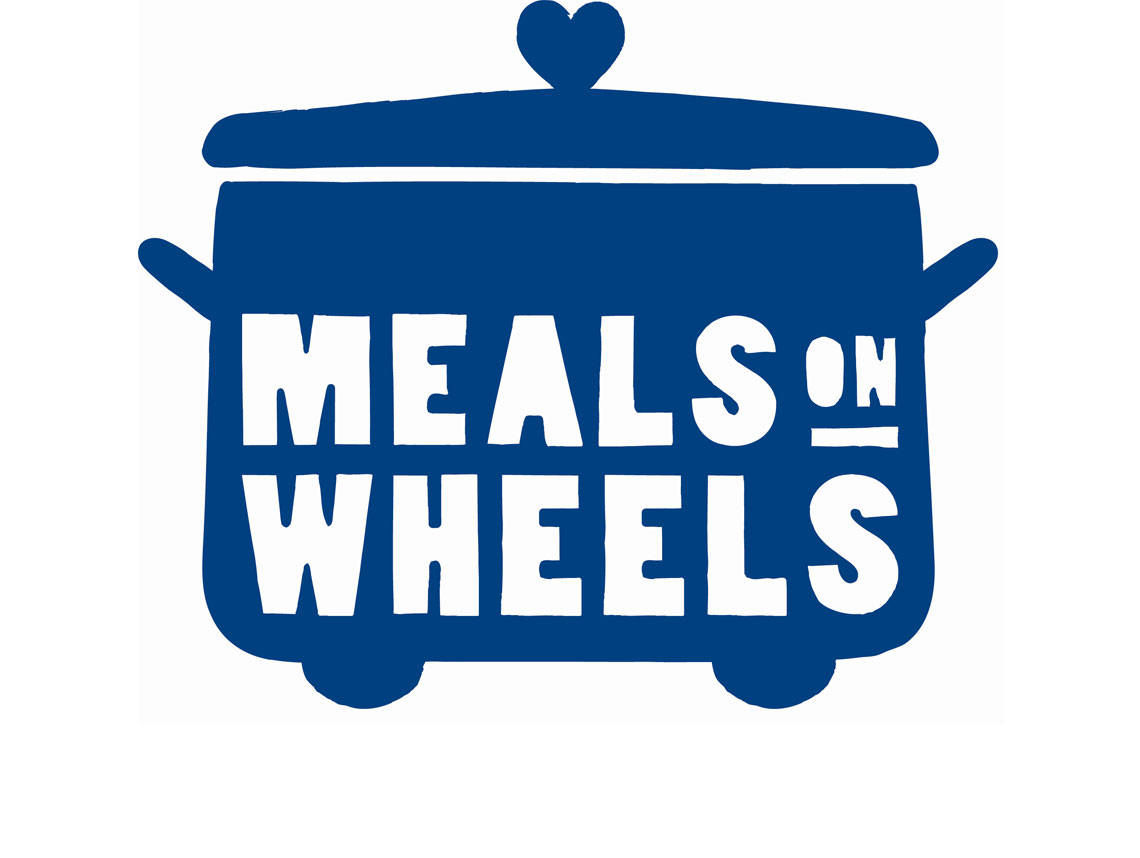
Once a week, our 22-year-old son with developmental disabilities participates in a great mitzvah — he helps deliver food to the home of an elderly client of the Culver City Meals on Wheels (MOW) program. This gives the Meals on Wheels client a chance for some unconventional companionship as well as a nutritious meal, and it gives the adults with developmental disabilities the chance to be of service, instead of always being the recipient of someone else’s charity.
Volunteering with MOW is part of our son’s community-based day program at ETTA, a Los Angeles-based nonprofit affiliated with OHEL Children’s Home and Family Services. ETTA adult participants go out with staff members in small groups and rotate through various community service options, which include running a café at the Westside Jewish Community Center, helping with the student store at Shalhevet High School and volunteering at the National Council House, in addition to the MOW activity.
It truly boggles my mind that these programs, and the other 91 MOW programs in Los Angeles County, many affiliated with churches or local community groups, now face an uncertain financial future under the proposed Trump administration budget.
As part of the overall reduction in nonmilitary domestic spending, that budget eliminates two community development block grants received by states and cities, which, in turn, provide funding to many local Meals on Wheels programs. Because MOW is a network of thousands of independently run groups that receive different amounts of money from states and cities, it is unclear exactly what will happen in Los Angeles County. But if those block grants are gone, there will be less money for this lifeline program. Another big cut could come from the Older Americans Act Nutrition Program, operated by the Department of Health and Human Services, which is set to receive close to an 18 percent cut. Until all the details are known, it is unclear how these proposed federal cuts will affect Meals on Wheels programs in the region, but experts tell me there will be real human consequences.
I recently had the chance to hear Sister Alice Marie Quinn, founder and executive director of the St. Vincent Meals on Wheels Nutrition program, speak as part of its 40th year anniversary outreach. With a professional education as a registered dietician, Quinn came to Los Angeles originally as the assistant director of the dietary department of St. Vincent Medical Center. She realized that many poor and elderly people who lived near the hospital were not eating right, and she decided to help them by making stew for 83 seniors at a local church hall one evening in 1977. Over time, that program grew, becoming St. Vincent Meals on Wheels, which now is the largest Meals on Wheels program in the country, feeding close to 3,500 people a day.
She explained that MOW in America was modeled on a British program started after World War II, when many seniors couldn’t get out of their homes to go grocery shopping because their neighborhoods had been bombed so heavily. The British used hot bricks to keep the food warm on the journey from the central kitchen to the clients’ homes.
As good-humored as she is inspiring, Quinn talked about her fundraising strategy. She said her order, the Daughters of Charity of Saint Vincent de Paul, was founded in 1833 to help poor people in Paris. In order to fund their work, the founders asked the French royalty for donations.
“So, in Los Angeles, I decided that meant I needed to go to Hollywood,” she said with a twinkle in her eye.
Her latest celebrity connection is musician LL Cool J, who is working with the “Lip Sync Battle” TV show he hosts to help her raise funds. Although St. Vincent Meals on Wheels’ current budget of $7.6 million is privately funded by donations from a “robust direct mail” annual campaign, along with foundation and corporate grants, it still would be impacted by any government cuts, as other, smaller MOW groups more dependent on government funding would have to reduce their services, leading to more referrals and clients for St. Vincent MOW to serve.
Jewish Family Service of Los Angeles (JFSLA) annually provides 9,500 homebound seniors and disabled adults with nutritious kosher frozen meals, which are microwavable and easy to prepare. This program, which gets significant funding from the Older Americans Act Nutrition Program, would be hurt by the proposed government cuts. As Nancy Volpert, JFSLA’s director of public policy, said of the proposed cuts, “At the end of the day, less government funding will translate into fewer meals served.”
And as Quinn pointed out, “Sometimes the visits are even more important than the meals,” as volunteers or staff have the chance to interact daily with the elderly or disabled client and can observe if other medical or social services are needed.
For my son and his friends at ETTA, those weekly visits are as empowering for them as they are essential for the MOW clients.
MICHELLE K. WOLF is a special needs parent activist and nonprofit professional. She is the founding executive director of the Jewish Los Angeles Special Needs Trust. Visit her Jews and Special Needs blog at jewishjournal.com/jews_and_special_needs.























 More news and opinions than at a Shabbat dinner, right in your inbox.
More news and opinions than at a Shabbat dinner, right in your inbox.